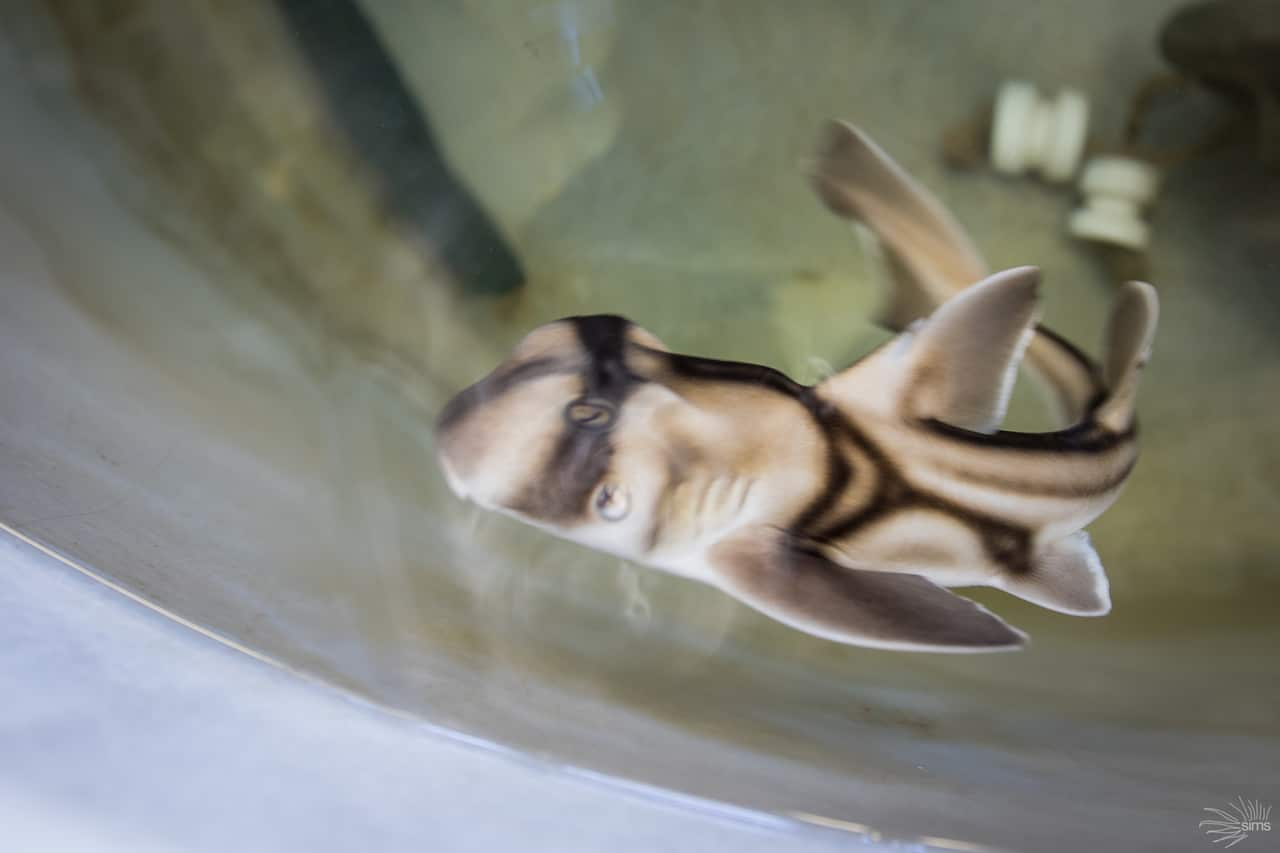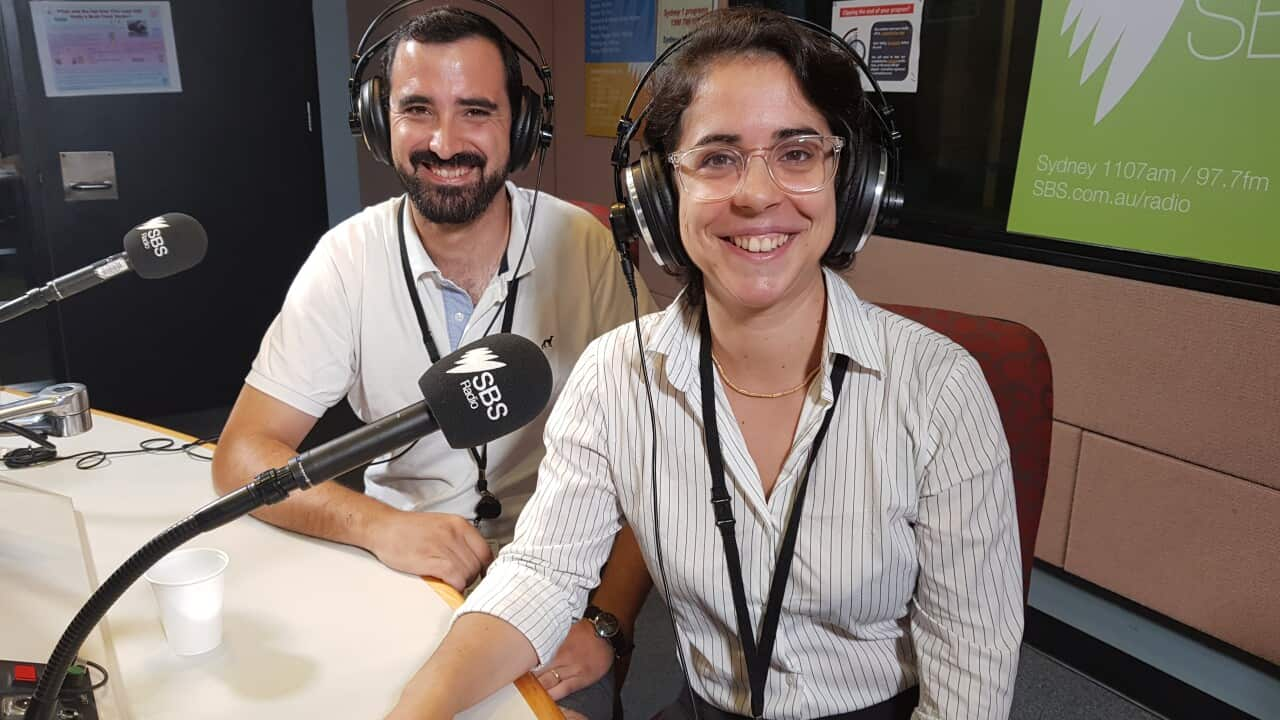Led by Portuguese biologist Catarina Vila-Pouca the study was published in Animal Cognition, and hopes to shed light on sharks learning abilities and cognitive skills.
“The main thing we discovered is that sharks are capable of learning to associate jazz music to food and that they are very intelligent and can use the sounds to their advantage.”
“Gaining a better understanding of this will help grow positive public opinion of sharks and may shift public and political will towards their conservation,” said Ms Vila-Pouca.
For three months the researchers trained the juvenile sharks to swim to the sound of music. When played a jazz song (Bossa Beguine, by Oscar Peterson), the sharks learnt to go to opposite corners of the tank for a tasty reward.
While five out of the eight sharks in the study were able to identify the sound of jazz, it was much more difficult trying to get them to discern between classical and jazz music. When introduced to classical music (Metamorphosis 1, by Philip Glass) they didn’t know how to react and decided to stick to the jazzy tunes.

“We know very little about sharks and we decided to work with sound because it Is not known if sharks can use sound to navigate or find food, we chose music, an artificial sound, to compare with other studies and with the marine sounds they were already exposed to in their natural environment,” said Ms Vila-Pouca.
‘Cristiano Ronaldo’, the smartest
Ms Vila-Pouca explains that sharks have their own personality traits as a dog or a cat. “Some are calmer, others more aggressive, they all have their favourite foods, sharks are much more like us than we imagine.”
To discern one from the other, Ms Vila-Pouca gave them names. “Although they tell us to not name the animals (and get attached to them), I named them as my favourite soccer players. I can say ‘Cristiano Ronaldo’ was one of the fastest to get to the food. I also had Neymar, Pepe, Rui Patricio…”
Catarina Vila-Pouca said she is now preparing a journal article for publication based on her research Food approach conditioning and discrimination learning using sound cues in benthic sharks. Before it is published, the article will go through a process of peer review and then officially recognised by the scientific community.

DOS ARQUIVOS DA SBS PORTUGUESE

Advogada ambientalista portuguesa ajuda a salvar tubarões na Austrália



